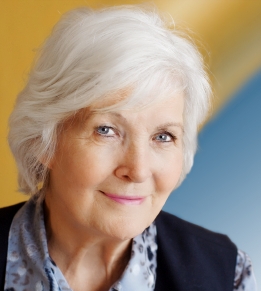For all women your age:
Life habits
Ask to have your weight, height and waist circumference measured. Ask your doctor whether you have a healthy weight.
Ask for advice on how to eat better and move more, especially if you have:
- Excess weight
- High blood pressure
- Diabetes or prediabetes
- High cholesterol
- Cardiovascular disease
- Depression
- Cancer
Have your blood pressure checked at least every two years.
Discuss your risk of developing diabetes. If you have a high risk, a screening test will be recommended.  Take the CANRISK questionnaire to know your diabetes risk level.
Take the CANRISK questionnaire to know your diabetes risk level.
Ask your doctor to test your cholesterol every 5 years and evaluate your risk of cardiovascular disease. Ask your doctor whether a small dose of aspirin every day and/or a cholesterol-lowering medication are good options for you.
Ask your doctor if you need screening tests for the following sexually transmitted or blood-borne infections: chlamydia, gonorrhoea, syphilis, hepatitis B, hepatitis C and HIV. Ask your doctor about how to reduce your risk of getting these infections.
Ask whether you should get a test for osteoporosis.
Talk to your doctor about the benefits and drawbacks of a screening test for colorectal cancer.  To prepare for this discussion, visit this website.
To prepare for this discussion, visit this website.
Ask for a screening test for cervical cancer (Pap test).
In general, this test must be done every three years until the age of 69. However, some women need this test more often, while others don’t need it at all. Generally, you don’t need this test after the age of 70, but there are exceptions. Talk to your doctor.
Talk to your doctor about the benefits and drawbacks of a screening test for colorectal cancer.  To prepare for this discussion, visit this website.
To prepare for this discussion, visit this website.
Talk to your doctor about the benefits and drawbacks of a mammogram to screen for breast cancer. To prepare for this discussion, visit this website:
Flu shots
Ask for your yearly flu shot. Ask whether you should also get vaccinated for:
- Tetanus
- Haemophilus influenzae type b
- Hepatitis A and B
- Meningococcal disease
- Pneumococcal disease
- Shingles
